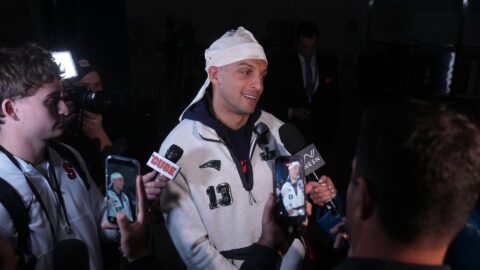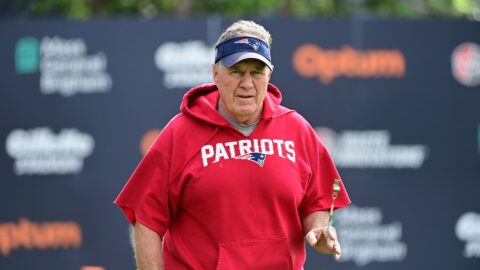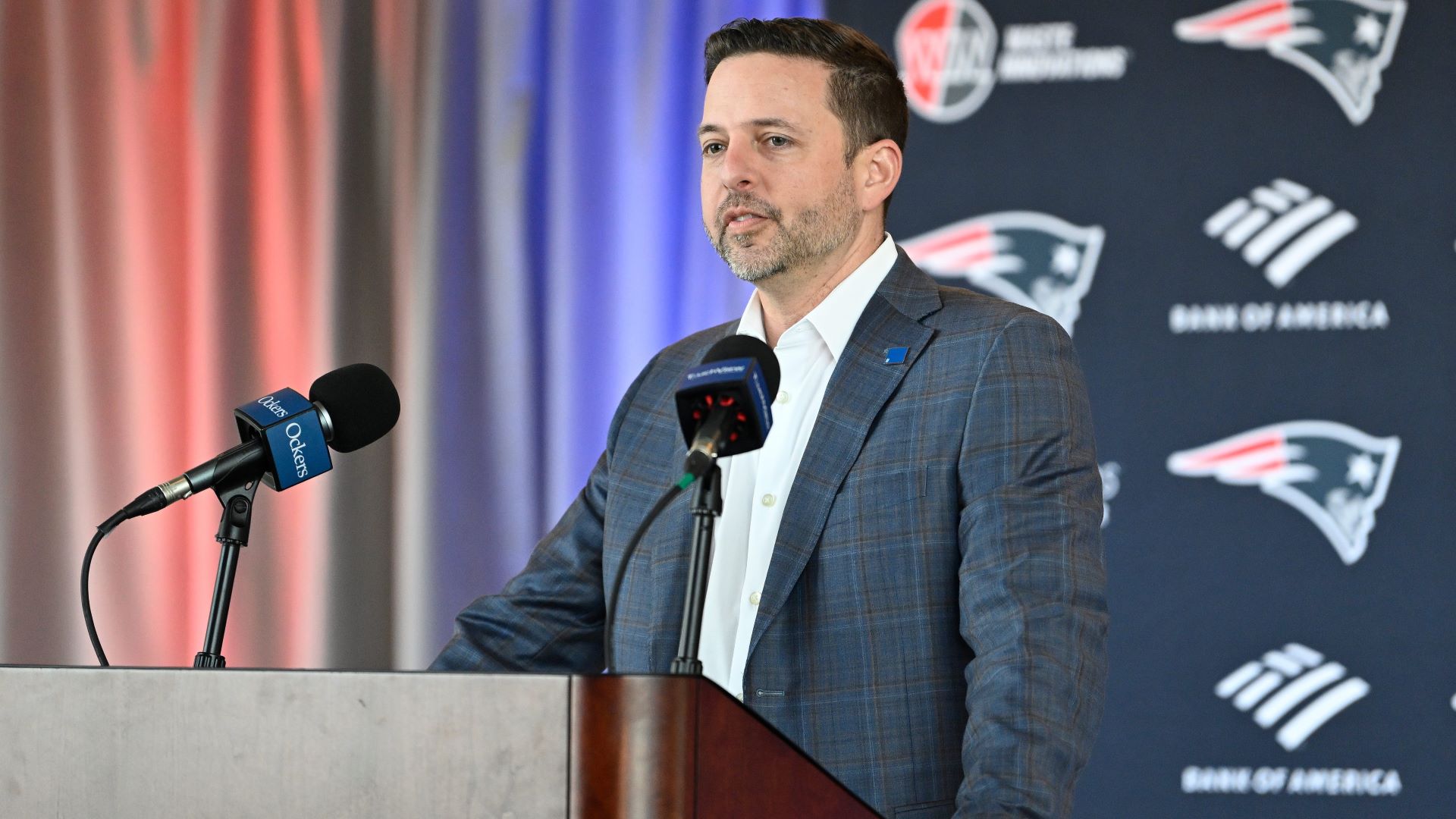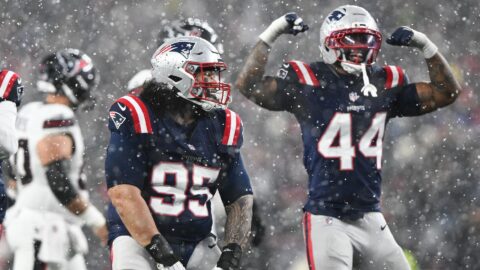It's been a decade since the infamous 2002 All-Star Game, when commissioner Bud Selig called the contest a tie after both the American League and National League squads ran out of players on their 30-man rosters. Starting the next year, home field advantage was awarded to the winning league for the World Series, meaning we've had nine opportunities to see how the experiment has played out.
At the time, everyone weighed in with their opinion — mostly negative — on the idea of basing the World Series schedule on the Midsummer Classic. But now that we'll well removed from the initial decision, it feels like there's been a lack of analysis after the fact on how the move has affected the All-Star Game, itself and what it has actually meant for the World Series.
The truth is, as much flack as Selig caught for the seemingly reactionary decision, it's been a great move for the All-Star Game, and one that has had little to no effect on the World Series.
While not quite falling to the porous quality of the NFL’s Pro Bowl — which has been notoriously maligned for its quality of play and lack of effort on the part of the players — Major League Baseball's All-Star game had been becoming irrelevant as a competition. If the idea of any all star contest is to put the best players in a given sport up against each other in legitimate competition, then, quite frankly, it had been flat out failing.
Moments like the ones between Randy Johnson and John Kruk in 1993, Randy Johnson and Larry Walker in 1997 and Torii Hunter and Barry Bonds in 2002 may have been entertaining in terms of getting a cheap laugh, but they also undercut the competition.
However, making the All-Star Game count for something has done just what it was intended to: make the contest a real, legitimate competition between two squads with something on the line.
As for the effect on how the game is played, if you're a fan of offense and home runs, then you're out of luck. The games since 2002 have been relatively dominated by pitching — which is really what one would expect, given that pitchers, particularly the best in the game, typically have an advantage over hitters who have never faced them. That's a big indication no one's messing around anymore.
Moreover, there's less pressure on the managers to empty their benches just so fans watching at home can see their favorite players on television. Now, the game is much more focused on matchups that will help teams win, rather than random mixing and matching.
Baseball shouldn't be professional wrestling; it shouldn't be theater. But that's exactly what the All-Star Game had become. At least now we can rest easy knowing that we're watching a game the players on the field actually care about — something which cannot be said for the Pro Bowl, for instance.
Many fans will say so what if it makes the game itself better, why should a midseason exhibition game affect the most important series of the baseball season? However, how is the current method of home field advantage selection any less arbitrary than alternating each year between leagues, as had been done prior?
At least in the other three major sports leagues, there is some attempt to make this a little bit more fair, relying on either regular season records or playoff seeding. But with unbalanced schedules this isn't necessarily fair, either, so let's concede that there is no perfect way to determine home field. But anything has to be better than alternating leagues, right?
If there is no science to home field advantage, why not use it as a tool to make the All-Star Game better? In the years since 2002, five of the nine All-Star Games have been decided by one run (another by just two), making for some gripping, tense late-inning situations. It's better than the alternative of theater, right?



